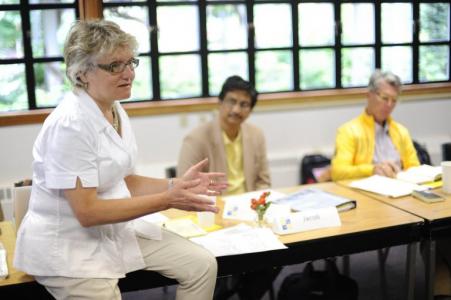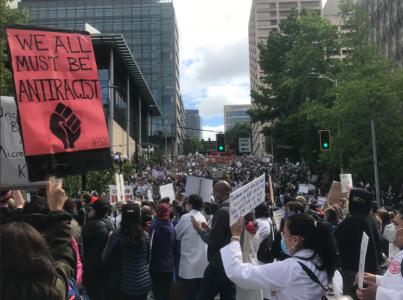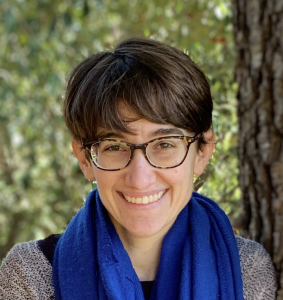Coronavirus: Why We Need the World Health Organization (Podcast interview with Judy Wasserheit)
Dr. Judith Wasserheit, Chair of the Department of Global Health, and Dr. Charles Holmes, Georgetown University join the Infectious Diseases Society of America's (IDSA) COVID-19 podcast to discuss the critical role of the World Health Organization (WHO) in COVID-19 response efforts, and how its defunding could impact our ability to prevent, detect, and respond to future pandemics.





